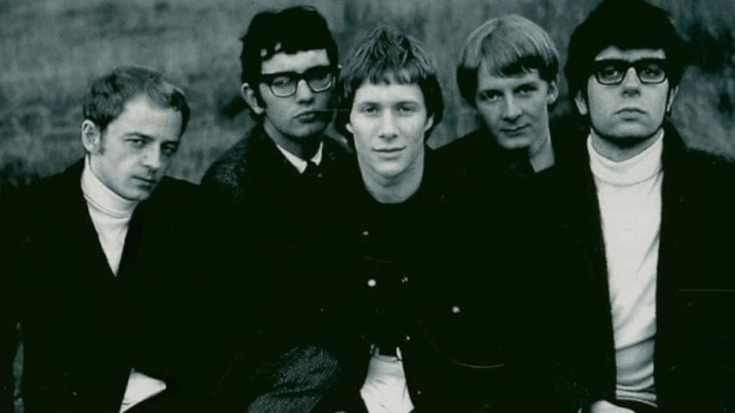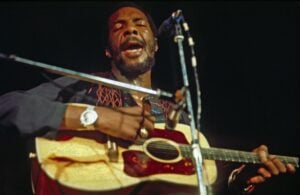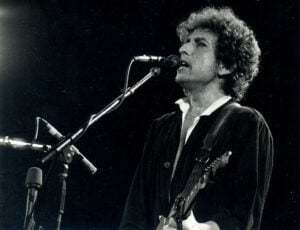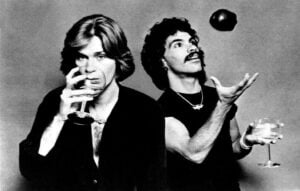On This Day in 1964: Manfred Mann Hit No.1 in America with a Song No One Could Forget

via NothingButOldies / YouTube
A Nonsense Hit That Took Over the Charts
On October 17, 1964, British band Manfred Mann began a two-week run at No. 1 on the U.S. Billboard Hot 100 with their version of “Do Wah Diddy Diddy.” The song also reached No. 1 in the UK, becoming one of those rare hits that crossed the Atlantic.
Though it became famous under the British band’s name, “Do Wah Diddy Diddy” was originally written by Jeff Barry and Ellie Greenwich. It had first been recorded by the American vocal group The Exciters in 1963. Their version, however, failed to break into the Top 40 in the U.S.
View this post on Instagram
How the Cover Won Over America
Manfred Mann heard “Do Wah Diddy” and saw potential. Their lead singer, Paul Jones, came across The Exciters’ record and suggested the band try it themselves. Their adaptation added more punch and clarity. The band recorded the song in June 1964, and in July released it as a single.
By October, the track had surged to No. 1 in the U.S. and the U.K., making Manfred Mann part of the British Invasion wave sweeping American radio. For Manfred Mann, it was their breakthrough moment—turning a novelty-style song into a defining hit.
Critics and listeners alike noted the charm of the song’s nonsense title and catchy chorus, which helped it become one of rock’s most enduring sing-alongs. Despite its playful nature, the melody and beat gave it weight and energy.
Legacy of a Singable Smash
“Do Wah Diddy Diddy” cemented Manfred Mann’s place in rock history. Their version is credited with transforming a little-known girl-group song into a major pop sensation. The track reached No. 1 in multiple countries—including Canada and New Zealand—as well as dominating in the U.K. and the U.S.
Given how many covers and repackagings have followed, it’s remarkable how a song built on a catchy refrain of “Do Wah Diddy Diddy” still holds a place in the public’s imagination. Its success also underscored how British bands of the 1960s often breathed new life into American rhythm and blues gems, making them their own through style and energy.
Manfred Mann’s leap from R&B and jazz roots into pop stardom came with this song. Its mix of novelty appeal and strong musical backbone made it a standout in the British Invasion era—and the date October 17, 1964 marks the moment it conquered America.












